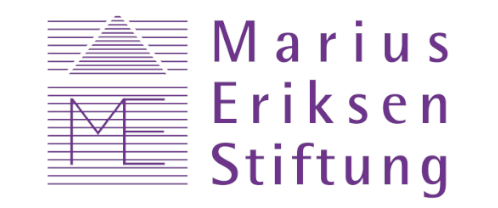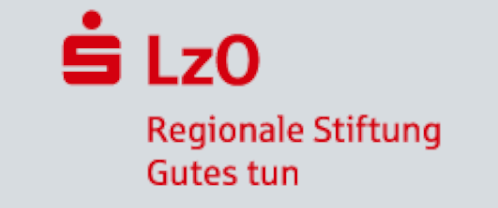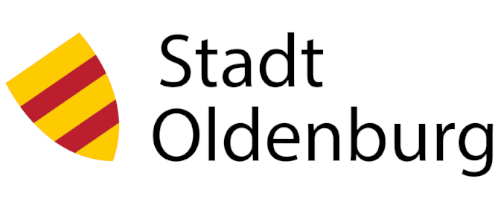United Nations Security Council
The United Nations Security Council is one of the UN’s principal organs, tasked with maintaining international peace and security. Established in 1945, it has the unique authority to make binding decisions, including the imposition of sanctions and the authorization of military interventions.
The UNSC comprises 15 members, including five permanent members with veto power: the United States, Russia, China, France, and the United Kingdom. This structure reflects the post-World War II balance of power, but it has also drawn criticism for being unrepresentative of modern global dynamics. Despite this, the UNSC plays a vital role in mediating conflicts and responding to crises such as civil wars, terrorism, and nuclear proliferation.
The Topic for this year’s conference will be announced shortly before the OLMUN starts.
Further detailed information can be found on http://www.un.org/en/sc/










